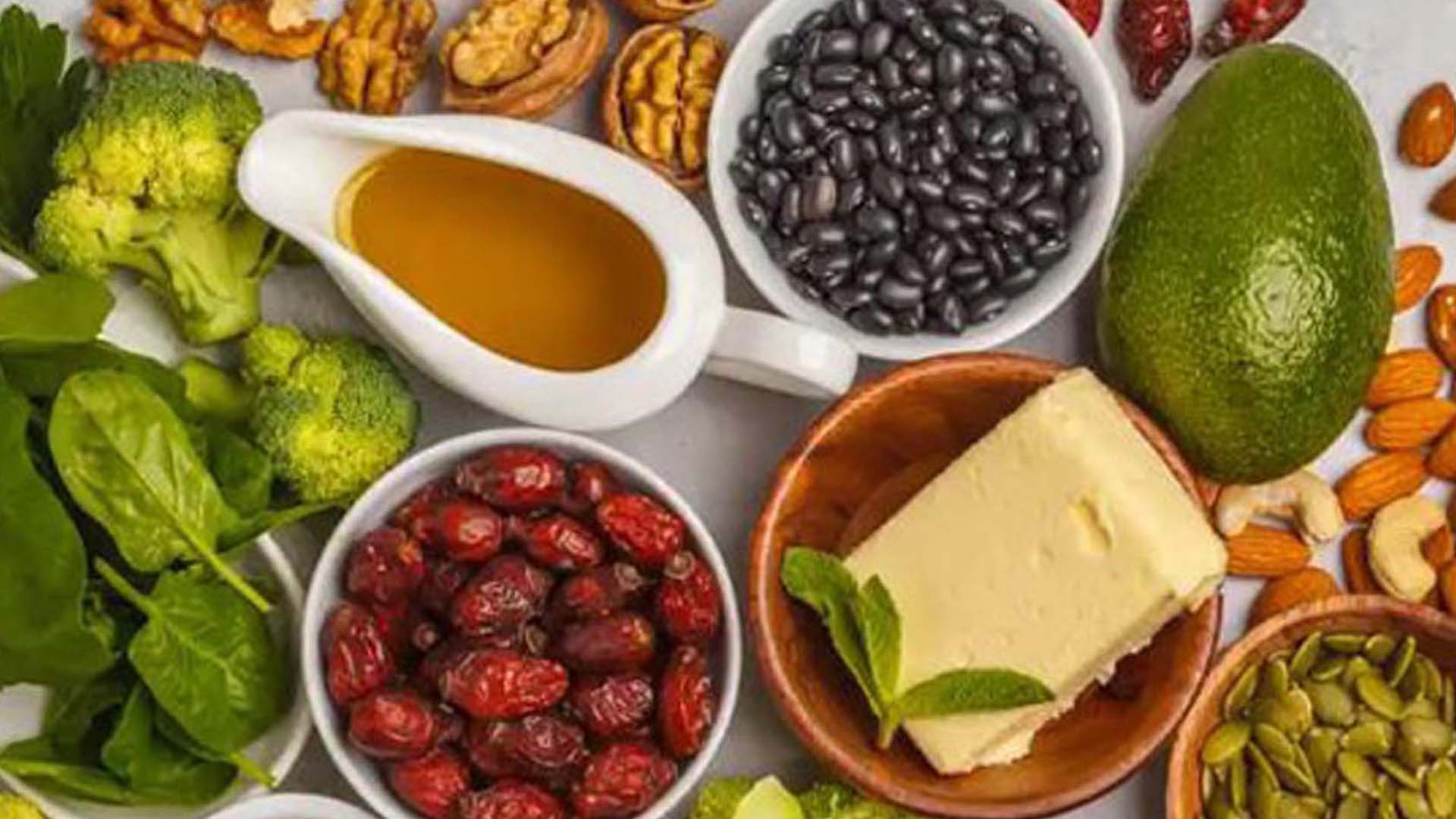

 Strengthening Immunity in Monsoon- Why Vitamin E is Key
Strengthening Immunity in Monsoon- Why Vitamin E is Key
The monsoon season, with its wet and humid weather, brings not only a refreshing change but also an increased risk of disease and infections. During this time, it becomes crucial to pay extra attention to our health. One of the most effective ways to strengthen your immune system and protect your family is by incorporating foods rich in Vitamin E into your diet.
Understanding the Importance of Vitamin E
Vitamin E is a vital antioxidant that plays a key role in maintaining overall health. It is essential for keeping our immune system and blood vessels healthy, protecting cells from damage caused by free radicals, and supporting proper immune function. Additionally, Vitamin E is involved in gene expression and cell signaling, making it crucial for various bodily functions. This vitamin is also instrumental in maintaining healthy skin, eyes, and nerve function.
The Consequences of Vitamin E Deficiency
A deficiency in Vitamin E can lead to several health issues, ranging from a weakened immune system to neurological problems. Understanding the symptoms of Vitamin E deficiency is important to prevent these health concerns.
1. Weak Immune System
One of the earliest signs of Vitamin E deficiency is a weakened immune system. Vitamin E is essential for the health of immune cells, and a deficiency can make the body more susceptible to infections.
2. Vision Problems
Vitamin E plays a significant role in eye health. A deficiency can lead to vision issues such as blurred vision or even retinal detachment. In severe cases, it can contribute to degenerative eye conditions like retinitis pigmentosa.
3. Skin Problems
Dry, flaky skin and premature aging are common symptoms of Vitamin E deficiency. This vitamin helps maintain skin health and elasticity, and without it, your skin may become damaged and show signs of aging.
4. Muscle Weakness
Muscle weakness and coordination problems can also indicate a deficiency in Vitamin E. Since this vitamin is involved in protecting nerve cells, a lack of it can lead to issues with muscle strength and balance.
5. Neurological Symptoms
A deficiency in Vitamin E can cause neurological symptoms such as numbness and difficulty walking. This is due to its crucial role in maintaining nerve health and function. In severe cases, a deficiency can lead to more serious conditions like ataxia, which affects coordination and balance.
Foods Rich in Vitamin E
If you recognize any of these symptoms, it is important to start incorporating Vitamin E-rich foods into your diet. Here are some of the best sources:
1. Nuts and Seeds
Nuts and seeds are excellent sources of Vitamin E. Almonds, sunflower seeds, and hazelnuts are particularly high in this nutrient. Adding a handful of these to your salads or snacks can significantly boost your Vitamin E intake.
2. Leafy Green Vegetables
Leafy greens such as spinach and Swiss chard are also rich in Vitamin E. Including these vegetables in your meals can contribute to higher levels of this essential nutrient.
3. Vegetable Oils
Certain vegetable oils, like sunflower oil and safflower oil, are rich in Vitamin E. Using these oils in your cooking or salad dressings can help increase your Vitamin E levels.
4. Fish
Fish like salmon and trout are not only good sources of Vitamin E but also provide other beneficial nutrients, such as omega-3 fatty acids. Including fish in your diet can help meet your Vitamin E needs.
5. Fruits
Fruits like avocado and kiwi are delicious ways to boost your Vitamin E intake. These fruits are not only nutritious but also add variety to your diet.
Conclusion
Maintaining a healthy diet rich in Vitamin E is particularly important during the monsoon season when the risk of infections is higher. By including Vitamin E-rich foods in your daily meals, you can help strengthen your immune system, protect your skin and eyes, and ensure overall well-being for yourself and your family.